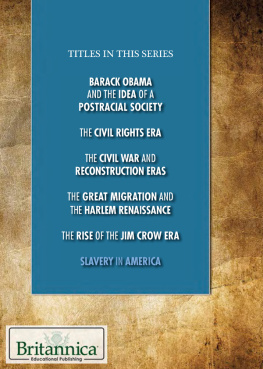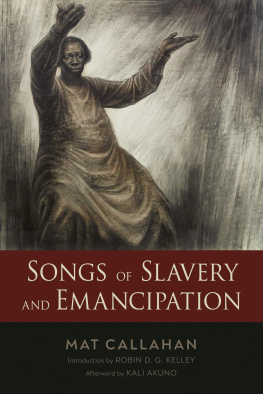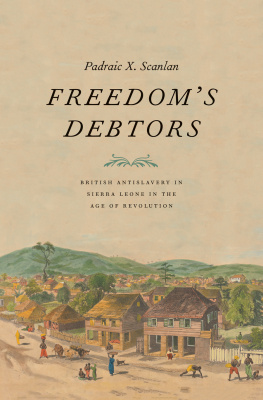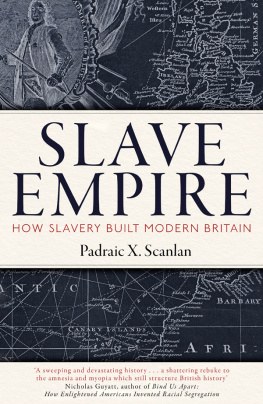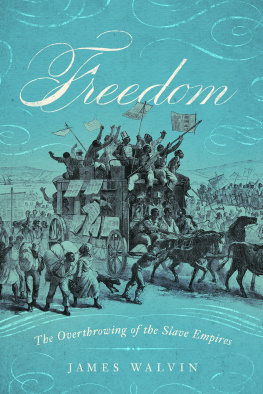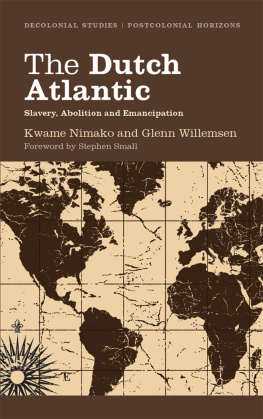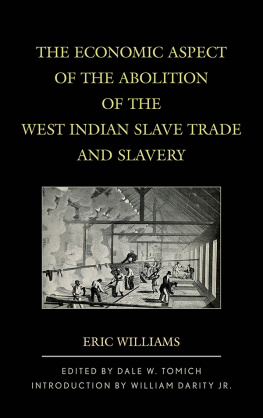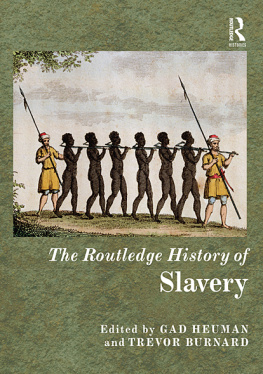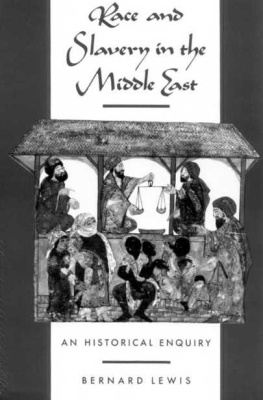
Slavery and Essentialism in Highland Madagascar
This book explores the prejudice against slave descendants in highland Madagascar and its persistence more than a century after the official abolition of slavery.
Unclean people is a widespread expression in the southern highlands of Madagascar, and refers to people of alleged slave descent who are discriminated against on a daily basis and in a variety of ways. Denis Regnier shows that prejudice is rooted in a strong case of psychological essentialism: free descendants think that slaves have a dirty essence that is impossible to cleanse. Regniers field experiments question the widely accepted idea that the social stigma against slavery is a legacy of pre-colonial society. He argues, to the contrary, that the essentialist construal of slaves is the outcome of the historical process triggered by the colonial abolition of slavery: whereas in pre-abolition times slaves could be cleansed through ritual means, the abolition of slavery meant that slaves were transformed only superficially into free persons, while their inner essence remained unchanged and became progressively constructed as forever unchangeable.
Based on detailed fieldwork, this volume will be of interest to scholars of anthropology, African studies, development studies, cultural psychology and those looking at the legacy of slavery.
Denis Regnier is Assistant Professor and Head of Humanities and Social Sciences at the University of Global Health Equity in Rwanda. He gained his PhD in anthropology from the London School of Economics, UK.
London School of Economics Monographs on Social Anthropology
Managing Editor: Laura Bear
The Monographs on Social Anthropology were established in 1940 and aim to publish results of modern anthropological research of primary interest to specialists. The continuation of the series was made possible by a grant in aid from the Wenner-Gren Foundation for Anthropological Research, and more recently by a further grant from the Governors of the London School of Economics and Political Science. Income from sales is returned to a revolving fund to assist further publications. The Monographs are under the direction of an Editorial Board associated with the Department of Anthropology of the London School of Economics and Political Science.
Titles include:
Affective Encounters
Everyday Life among Chinese Migrants in Zambia
Di Wu
Slavery and Essentialism in Highland Madagascar
Ethnography, History, Cognition
Denis Regnier
https://www.routledge.com/LSE-Monographs-on-Social-Anthropology/book-series/BLANTLSEMSA
First published 2021
by Routledge
2 Park Square, Milton Park, Abingdon, Oxon OX14 4RN
and by Routledge
52 Vanderbilt Avenue, New York, NY 10017
Routledge is an imprint of the Taylor & Francis Group, an informa business
2021 Denis Regnier
The right of Denis Regnier to be identified as author of this work has been asserted by him in accordance with sections 77 and 78 of the Copyright, Designs and Patents Act 1988.
All rights reserved. No part of this book may be reprinted or reproduced or utilised in any form or by any electronic, mechanical, or other means, now known or hereafter invented, including photocopying and recording, or in any information storage or retrieval system, without permission in writing from the publishers.
Trademark notice: Product or corporate names may be trademarks or registered trademarks, and are used only for identification and explanation without intent to infringe.
British Library Cataloguing in Publication Data
A catalogue record for this book is available from the British Library
Library of Congress Cataloging-in-Publication Data
Names: Regnier, Denis, author.
Title: Slavery and essentialism in highland Madagascar : ethnography, history, cognition / Denis Regnier.
Description: Abingdon, Oxon ; New York : Routledge, 2020. | Series: London school of economics monographs on social anthropology | Includes bibliographical references and index.
Identifiers: LCCN 2020028683 (print) | LCCN 2020028684 (ebook) |ISBN 9781350102477 (hardback) | ISBN 9781003086697 (ebook)
Subjects: LCSH: Slavery--Madagascar--History. | Race discrimination--Madagascar--History. | Essentialism (Philosophy)--Madagascar. | Social psychology--Madagascar.
Classification: LCC HT1399.M28 R44 2020 (print) | LCC HT1399.M28 (ebook) | DDC 305.5/6809691--dc23
LC record available at https://lccn.loc.gov/2020028683
LC ebook record available at https://lccn.loc.gov/2020028684
ISBN: 978-1-350-10247-7 (hbk)
ISBN: 978-1-003-08669-7 (ebk)
Typeset in Times New Roman
by Taylor & Francis Books
To the memory of my mother, Monique Donnay
Contents
My first thanks are for all the villagers in Beparasy who let me live among them and who opened their homes to me: Misaotra indrindra anareo aby! In particular, my research could not have been successful without the steady support and assistance of the two friends I have named in the book, Redison and Naina. Redison hosted me from my very first day in Beparasy. During my stay, villagers considered me as a member of his family and he always introduced me as his rahalahy (brother). Redison, his wife Raely, his mother Ramarcelline and the inhabitants of the small hamlet of Soatanana made me feel we were kinsmen, and I thank them for that. Naina, Redisons brother-in-law, accompanied me on many of my journeys and proved a humorous and reliable companion. Ramose and Monsieur le maire, while not figuring as well-identified characters in this book, were also immensely instrumental to the success of my fieldwork. Ramose honoured me with his friendship and never tired of sharing his knowledge of local customs and family stories. Monsieur le maires benevolence and support through his extensive networks facilitated many encounters and interviews.
Without the hospitality and kindness of the Berosaia, the people who are at the centre of this book, it would have been impossible to carry out this research. My gratitude goes particularly to those who appear here under the names of Ramarcel, Vohangy, Raboba and Randriatsoa. They agreed to answer questions which were sometimes difficult and in some cases clearly embarrassing. Ramarcel certainly got the greatest share of this since we had become good friends it was to him that I turned whenever I had a difficult question to ask. However, neither Ramarcel, the other Berosaia nor the villagers of Beparasy ever took offence at my careful but nonetheless obstinate inquiries into sensitive issues. I deeply thank all of them for their tolerance.
In Ambalavao, Redison and Raelys relatives kindly provided us with a place to stay for a night or two when we were waiting for uncertain lifts to leave in the direction of Beparasy. Since I regularly used their services, I became friends with the few drivers in Ambalavao who dared to bring their cars on the difficult track leading to Beparasy. I thank them for the safe driving and for the good moments we spent together. I am equally grateful to the managers of one of Ambalavaos hotels, who kindly offered me discount rates for a room whenever I felt the need for a hot shower or a bit of intimacy. In Fianarantsoa I met the scholars Clarisse Rasoamampionona, Fulgence Rasolonjatovo, Henry Rasamoelina and Franois Noiret, with whom I discussed the anthropology of the Betsileo. Olivia Legrip-Randriambelo was also carrying out fieldwork in the southern Betsileo region, and on regular occasions we shared our observations over a rice dish in a small



